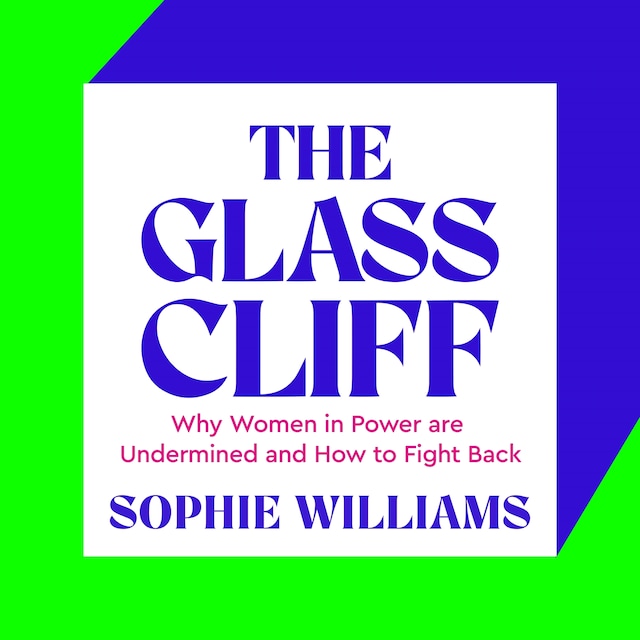
The Glass Cliff
Why Women in Power Are Undermined - and How to Fight Back
Om bogen
The audiobook is read by the author, Sophie Williams, and features an exclusive interview with Charlotte Cowan, Head of People and Culture and Shakespeare's Globe.
'Every current and aspiring leader needs to read this book' - Helen Tupper & Sarah Ellis, Sunday Times bestselling authors of The Squiggly Career and You Coach You
'Clever, brilliantly researched and vitally important' - Dawn O'Porter, bestselling author of The Cows and Cat Lady
The Glass Cliff is a conversation about what happens when women break the rules, and break through The Glass Ceiling.
Have you ever wondered why there are so few success stories of women in business leadership? Or maybe you’ve wondered what life is really like on the other side of The Glass Ceiling? The world of work is supposedly changing, embracing diversity – yet are the opportunities we’re giving to women really equal to those of men?
Drawing on almost 20 years of research from around the world, The Glass Cliff phenomenon - whereby women are often only hired in leadership roles when a business is already underperforming, meaning their chances of success are limited before they ever even start in the role - is well established, but little known. Until now.
This is the story of The Glass Cliff: a story of a structural inequality disguising itself as the personal failures of women. When Sophie Williams gave her viral TED talk on the subject, she was subsequently flooded with accounts of confident, accomplished women who had taken what seemed like a dream leadership role only to quickly find themselves in a waking nightmare. Without the language to describe their experiences they had been left blaming themselves. But learning about The Glass Cliff enabled them to reframe and reexamine what they’d gone through.
Once we understand The Glass Cliff – once we can stand together and face it head-first – we can start to unravel so many other false narratives about women’s leadership experiences that just don’t make sense without it. By understanding the phenomenon, and by telling one another about it, we can affect the conversation, empower one another to overcome societal bias and, ultimately, change the world of work for women forever.


